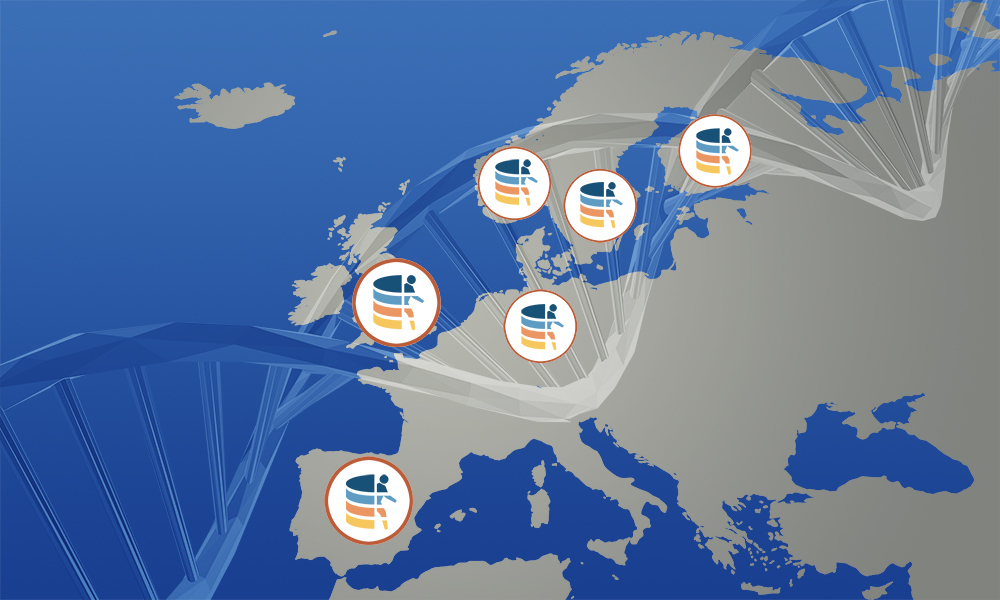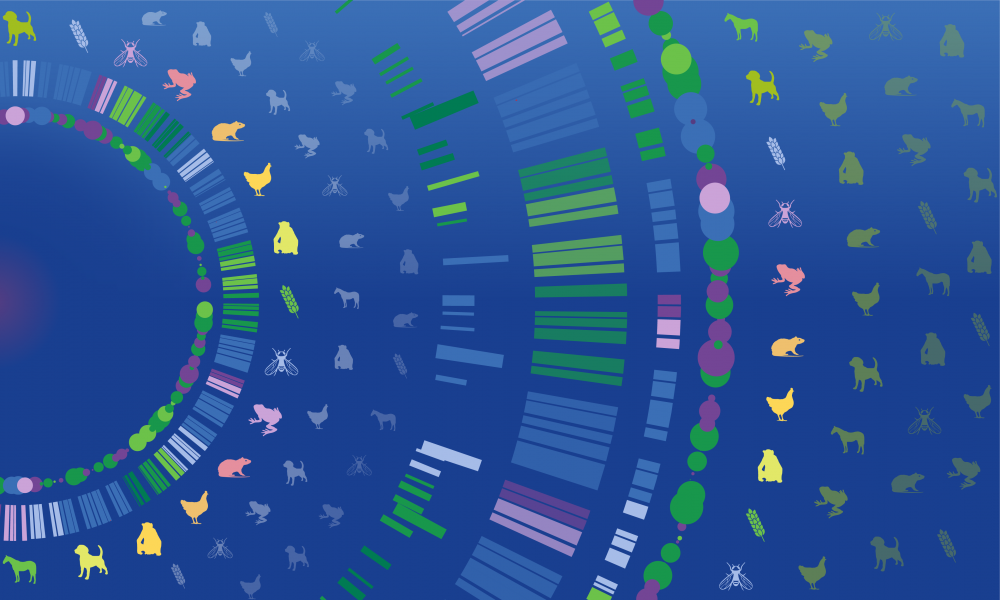Download the annual report summary
A snapshot of EMBL 2022 facts and figures
Using a combination of scientific and technical expertise, these services provide researchers with the highest quality results and enable fundamental research essential to helping solve global societal challenges.
A snapshot of EMBL 2022 facts and figures

EMBL Grenoble aided the Institute for Advanced Biosciences in France that identified a potential drug to stop toxoplasmosis infection and open up malaria treatment options.

EMBL IC opened its doors to external users to offer tailored support by experts in the latest imaging technologies in light and electron microscopy, as well as correlative approaches.

EMBL’s Mesoscopic Imaging Facility in Barcelona helped researchers from KU Leuven in Belgium gain insights into this fungus’s journey from the lung to the brain.

Sapienza University and EMBL Rome’s Gene Editing and Embryology Facility generated a mouse model to identify new therapeutic targets for treating Amyotrophic Lateral Sclerosis (ALS).

“We determined the structure of E. coli bacterial ribosome at a remarkable resolution thanks to the incredible facilities and fantastic work by staff at the EMBL Imaging Centre.”
— Kate O’Connor, PhD Student in Biochemistry, University College Cork; Ireland User of the EMBL IC in 2022

EMBL-EBI maintains the world’s most comprehensive range of freely available and up-to-date biological data resources. In 2022, EMBL-EBI’s open databases, tools, and software aided researchers around the world.

Institutes in Finland, Germany, Norway, Spain, and Sweden became the first five nodes of the Federated European Genome-phenome Archive (Federated EGA).

As major biodiversity projects increasingly use genomic sequencing, EMBL-EBI is ensuring that data generated are available in Findable, Accessible, Interoperable, and Reproducible (FAIR) ways.

“The biodiversity of our planet is in real danger. To protect biodiversity, we need to first understand it and this can only be achieved if we work together across national borders. Open data is absolutely essential for biodiversity research and conservation, so the world needs a policy solution that does not limit the flow of data between countries.”
– Guy Cochrane, Team Leader of Data Coordination and Archiving at EMBL-EBI